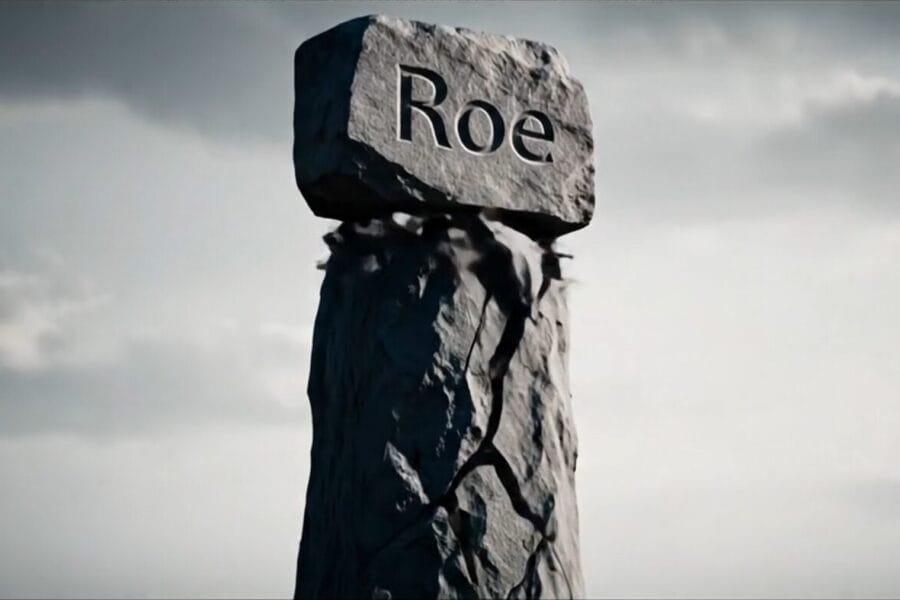Americans United for Life filed a Supreme Court brief today on behalf of medical and pregnancy center groups, supporting Indiana’s ultrasound viewing option during the informed consent process for women considering abortion.
The case, Box v. Planned Parenthood of Indiana and Kentucky, involves an Indiana law requiring that, at the same time that a woman receives information for informed consent at least 18 hours before the abortion, abortion providers must perform an ultrasound and give the woman the option to view the ultrasound and hear the fetal heart tones if they’re audible. By requiring that the ultrasound option be part of the informed consent process, Indiana provides a mother with her first opportunity to see her child and listen to her child’s heartbeat and affords her the opportunity to reflect on the information conveyed—information that is necessary to fully inform a woman’s abortion decision regardless of the ultimate outcome.
The Seventh Circuit Court of Appeals upheld a preliminary injunction against the law, holding that it created an “undue burden” on access to abortion. Indiana has asked the Supreme Court to hear the case and address the question whether the Constitution permits a state to require offering an ultrasound viewing option as part of the informed consent process at least eighteen hours before an abortion. AUL’s brief urged the Court to take the case and explained that ultrasound imaging shows truthful, nonmisleading information relevant to the decision to undergo an abortion procedure and that that information should be available and considered during the abortion informed consent process.
“When abortionists routinely do ultrasounds as a necessary part of an abortion procedure anyway, and a recent large study showed that nearly four out of five women who see their unborn infant on an ultrasound monitor choose life for him or her, how can anyone argue that simply giving them the option to do so is not part of informed consent?” said Americans United for Life President and CEO Catherine Glenn Foster. “Ultrasound imaging shows truthful, non-misleading and essential medical information about the woman’s pregnancy, including the biological reality of her unborn child. Without this information, she cannot be fully informed or truly consent. We are hopeful the Supreme Court will agree to review this case and clarify that telling the truth about life in the womb can never impose an unconstitutional ‘burden’ on abortion access.”
AUL’s brief was filed on behalf of thousands of physicians and other healthcare professional members of the American Association of Pro-Life Obstetricians & Gynecologists, the American College of Pediatricians, and the Christian Medical Association, and thousands of pro-life pregnancy centers affiliated with Care Net, Heartbeat International, and the National Institute of Family & Life Advocates (NIFLA).




